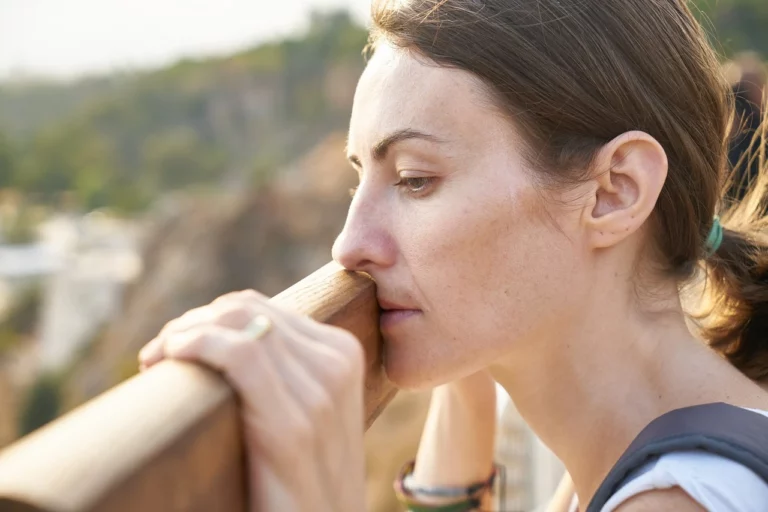Libido, or sexual desire, is a crucial aspect of human sexuality and relationships. It varies from person to person and can fluctuate throughout one’s life. Just like it does for persons of all genders and sexual orientations, age can have an impact on desire among lesbian and female individuals. Individual differences exist in how age affects libido, though, since it is impacted by a variety of elements including hormone fluctuations, relationship dynamics, general health, and psychological aspects. Women, in particular, may experience changes in their libido as they age. In this blog, we will explore the meaning of libido, the factors that affect women’s labido as they grow older, and some strategies for boosting it.
Understanding Libido
Libido, a term derived from the Latin word “libido” meaning desire or lust, encompasses a person’s sexual drive, fantasies, and overall interest in sexual activity. It’s a multifaceted concept influenced by psychological, physiological, and environmental factors. For women and lesbian, it can be influenced by hormonal changes, emotional well-being, relationship dynamics, and societal pressures.
Also Read: 30 Best Muscle Boosters For Women- Healthy collection
Age and Its Impact on Libido
As women age, it’s common for their labido to undergo changes. This can be attributed to a combination of biological, psychological, and social factors:
Hormonal Fluctuations: Hormones, such as estrogen and testosterone, play a significant role in sexual desire. As women approach menopause, typically in their late 40s or early 50s, there is a decline in estrogen production, which can lead to vaginal dryness and discomfort during intercourse. This may result in reduced sexual desire.
Emotional and Psychological Factors: Life experiences, stress, anxiety, and depression can impact a woman’s emotional well-being and, subsequently, her labido. Relationship issues, body image concerns, and past traumas may also affect sexual desire.
Medications: Some medications, including those prescribed for various medical conditions, can have side effects that impact libido. It’s essential to consult a healthcare provider if you suspect that medication is affecting your sexual desire.
Physical Health: Overall physical health and well-being can influence libido. Chronic health conditions, poor diet, and lack of exercise may lead to a decrease in energy and sexual desire.
Social and Cultural Factors: Societal expectations and cultural attitudes toward ageing can affect a woman’s self-perception and sexuality. These factors may lead to feelings of inadequacy or a diminished sense of self-worth.
Read Also – Homosexual Meaning, Differences, Inspiring Examples
Libido Boosters
Fortunately, there are strategies and practices that women and lesbian can explore to boost their libido, regardless of age:
Communicate: Discuss your desires, concerns, and any changes you’re experiencing in your sexual life. Understanding each other’s needs can lead to a more satisfying and fulfilling sexual relationship.
Prioritize Self-Care: Take care of your overall well-being. Exercise regularly, maintain a balanced diet, get enough sleep, and manage stress. A healthy body often translates to a healthier labido.
Seek Professional Help: If emotional or psychological factors are affecting your libido, consider speaking with a therapist or counselor. Addressing underlying issues can be instrumental in restoring sexual desire.
Hormone Replacement Therapy (HRT): For some women experiencing significant libido decline due to hormonal changes, HRT may be an option. Consult your healthcare provider to discuss the potential benefits and risks.
Explore Sensuality: Engage in activities that help you connect with your own sensuality and body, such as workout, mindfulness, yoga, or meditation. These practices can promote a positive self-image and boost confidence.
Experiment: Spice up your sex life by trying new things in the bedroom. Exploring fantasies and introducing variety can reignite passion and desire.
Conclusion
Lesbians and women’s libido can be affected by age, but it’s important to understand that sexual desire and fulfilment are complex and influenced by a variety of circumstances. Through managing the physical, emotional, and relational facets of sexuality, people can effectively manage age-related fluctuations in libido and sustain satisfying sexual relationships. Treating age-related libido decline and fostering sexual well-being require open discussion, medical assessment, lifestyle adjustments, sexual exploration, and support-seeking.
Key Takeaways:
- Normalise Ageing and Libido: Recognise that libido fluctuations are a typical aspect of ageing and that they differ from person to person.
- It’s All About Communication: Maintaining sexual satisfaction and managing fluctuations in libido need honest and open discussion between couples.
- Seek Professional Guidance: For individualised guidance and treatment alternatives, speak with sex therapists or medical professionals.
- Accept Exploration: Have an open mind to trying out new sex experiences and be flexible enough to change your mind about what you want.
- Put Your Whole Well-Being First: Pay attention to self-care routines that support your mental, physical, and sexual health. At any age, libido and sexual satisfaction can be greatly impacted by a holistic approach to health.
Frequently Asked Questions
Q-1 Is it common for women and lesbian to experience fluctuations in their libido?
Yes, it’s entirely normal for women and lesbian to experience fluctuations in libido due to hormonal changes, life events, and emotional factors.
Q-2 Can stress significantly impact a woman’s libido?
Absolutely. Stress related to work, family, or personal issues can decrease libido by increasing cortisol levels and reducing overall well-being.
Q-3 Can Hormone Replacement Therapy (HRT) Help Boost Libido in Menopausal Women?
Natural ways to boost libido include prioritizing self-care through sleep, a balanced diet, exercise, and stress reduction. Experimenting with new experiences and exploring fantasies with your partner can also help rekindle your desire without the need for medication or therapy.
Q-4 Can libido in lesbians be impacted by menopause?
Yes, the hormonal changes associated with menopause can have a comparable effect on libido in lesbians as in heterosexual women. That being said, the effect could change depending on the specific situation.



